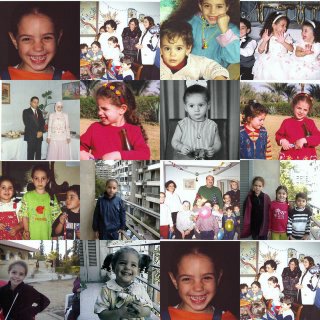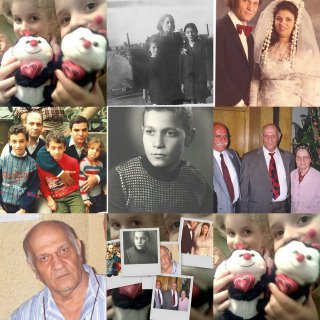Arabs say "the most wicked of calamities is the one that induces laughter". Here are three excerpts from the papers recently released by the Pentagon from interrogations at Guantanamo. All published today in the
NYT.
Scene One:At one review hearing last year, an Afghan referred to by the single name Muhibullah denied accusations that he was either the former Taliban governor of Shibarghan Province or had worked for the governor. The solution to his case should have been simple, Mr. Muhibullah suggested to the three American officers reviewing his case: They should contact the Shibarghan governor and ask him.
But the presiding Marine Corps colonel said it was really up to the detainee to try to contact the governor. Assuming that the annual review board denied his petition for freedom, noted the officer, whose name was censored from the document, Mr. Muhibullah would have a year to do so.
"How do I find the governor of Shibarghan or anybody?" the detainee asked.
"Write to them," the presiding officer responded. "We know that it is difficult but you need to do your best."
"I appreciate your suggestion, but it is not that easy," Mr. Muhibullah said.
Scene Two:Another Saudi, Mazin Salih Musaid al-Awfi, was one of at least half a dozen men against whom the "relevant data" considered by the annual review boards included the possession at the time of his capture of a Casio model F-91W watch. According to evidentiary summaries in those cases, such watches have "been used in bombings linked to Al Qaeda."
"I am a bit surprised at this piece of evidence," Mr. Awfi said. "If that is a crime, why doesn't the United States arrest and sentence all the shops and people who own them?"
Another detainee whose evidence sheet also included a Casio F-91W, Abdullah Kamal, was an electrical engineer from Kuwait who once played on his country's national volleyball team. He was also accused of being a leader of a Kuwaiti militant group that collected money for Mr. bin Laden.
As for the Casio allegation, Mr. Kamal said the watch was a common one in Kuwait and had a compass that could be used to find the direction of Mecca for his prayers. "We have four chaplains" at Guantánamo, he said. "All of them wear this watch."
Scene Three:"What is GICM?" asked the detainee, who was not identified.
The tribunal president asked a clerk, "Could you explain what GICM is? I have the same question."
The clerk said he was not sure, either. Another accusation was read: that GICM is associated with Al Qaeda. The detainee answered again, "I don't know this group."
The tribunal president announced a short break so the clerk could "find out, for everyone's benefit, What GICM stands for." When the tribunal reconvened, the clerk announced that GICM stood for Groupe Islamiste Combatant du Maroc, or the Moroccan Islamic Combat Group.
To which the detainee responded, "I never before heard of all this."




